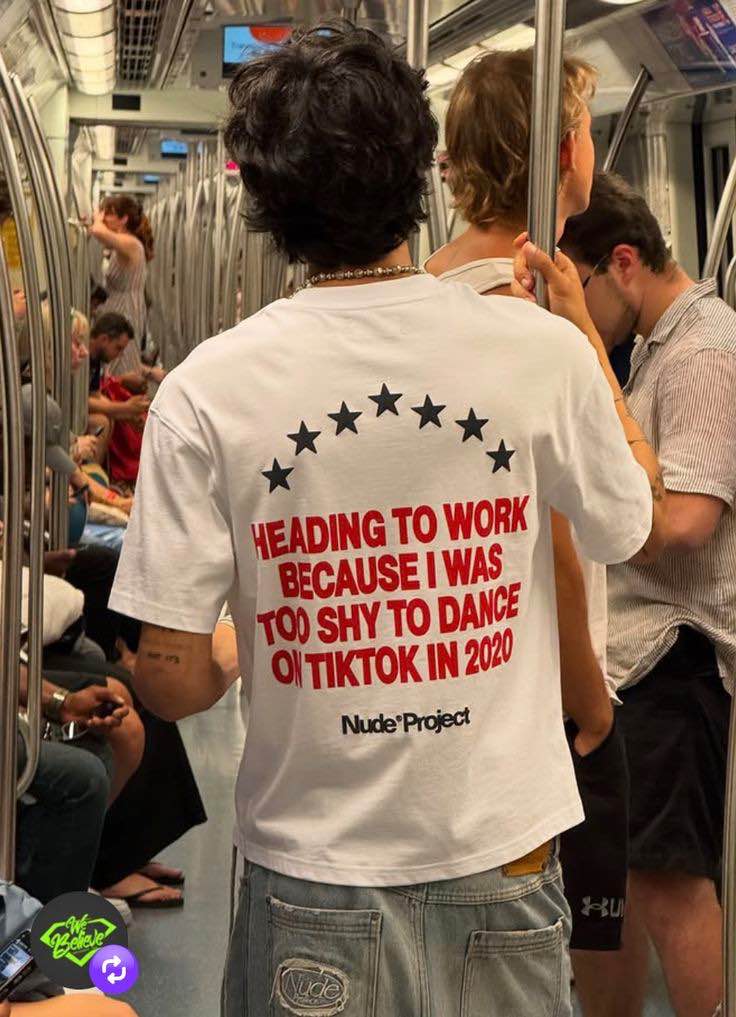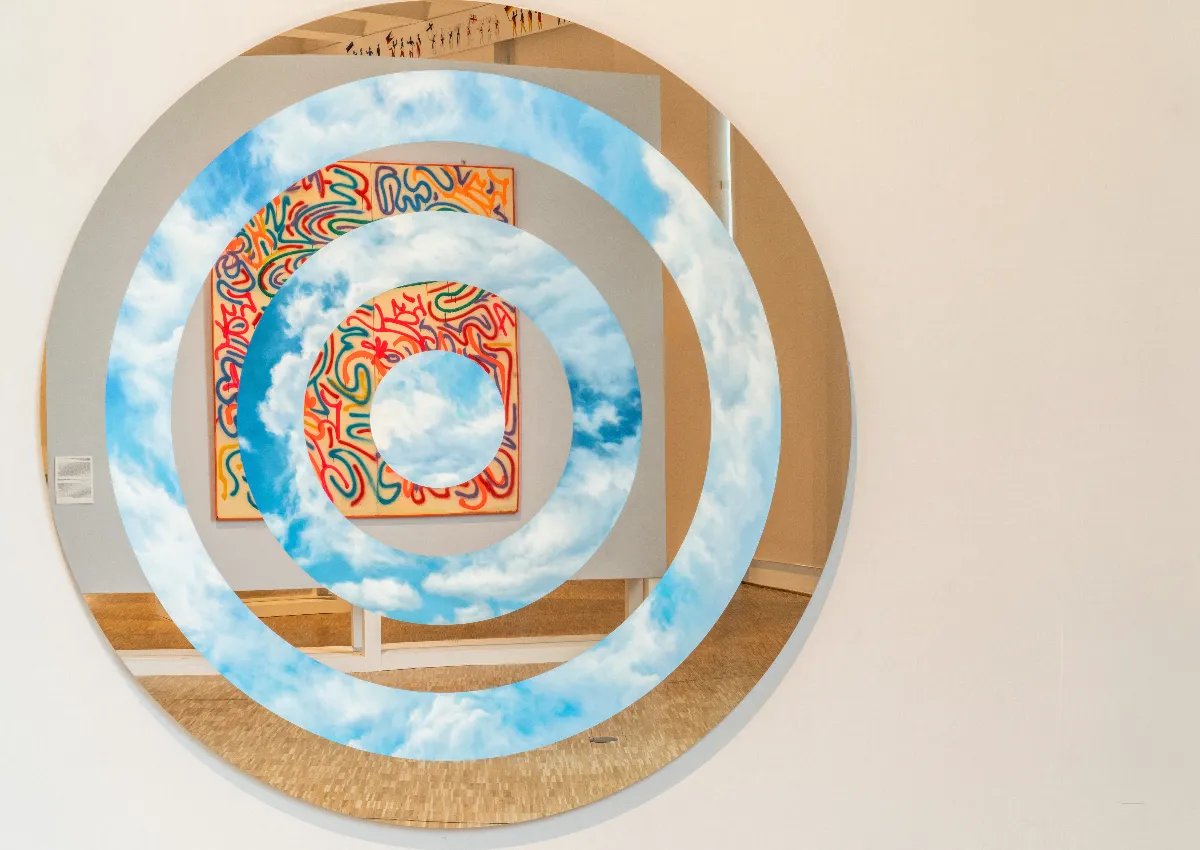
Clara 3000: the music industry’s demand for branding is unsustainable
For DJ Clara 3000, the dancefloor is a space for political resistance — a radical alternative to a music industry increasingly driven by branding, repetition, and the erosion of artistic freedom
Building communities through resistance and nightlife is more vital than ever, says Clara 3000
Coming together, building spaces for practices of resistance, is more vital now than ever. That’s the urgent call Clara 3000 delivers, not only through her words but through every beat she plays. The French DJ and producer understands nightlife not as escapism, but as a space for embodied, ephemeral resistance.
She invokes Hakim Bey’s notion of Temporary Autonomous Zones – spaces where utopias are briefly realized: “Let us admit that we have attended parties where for one brief night a republic of gratified desires was attained. Shall we not confess that the politics of that night have more reality and force for us than those of, say, the entire U.S. Government?”
Nightlife becomes political not through slogans, but through its very existence in the face of systems that demand productivity, predictability, and profit. For Clara 3000, the dancefloor is not a retreat but a confrontation — one that pulses through rhythm and crowd, through presence and transformation.
Creativity thrives in chaos, not in control: Why improvisation matters in DJing
“Creativity,” she says, “resides in chaos, movement, becoming, mutation.” The work of DJing is not about technical perfection or executing a pre-set list — it’s about responding to the moment, and, most importantly, surrendering to it. “Most of my best memories of DJing are from nights I played long sets. There is no way you can control a 4 or 6 hour set. You have to surrender to the moment.”
It’s a challenge, and a thrill. Long sets become a form of meditation and exploration, both for Clara and for the audience. But the industry has other priorities. Festivals and commercial events often demand shorter sets, more recognisable formats, and ultimately, a kind of predictability that is antithetical to her approach.

The pressure to brand yourself: How the music industry erodes artistic authenticity
Clara 3000 speaks candidly about the demands placed on artists to conform: “If you want to tour bigger stages and festivals, the industry expects you to play more or less the same set each time. The ‘industry’ wants to know what they’re going to get.”
That kind of formatting is, for her, creatively stifling. “It’s not a virtue, it’s just that I can’t do it differently. I have my obsessions, my vocabulary, but I can’t be saying the same thing each time for three months in a row. I would get so bored.”
She’s not alone. Many artists today are forced to reckon with a system that treats music not as expression but as content — repeatable, monetizable, brandable. The pressure to define a fixed “sound” or public persona can undermine the fluidity that makes artistic work meaningful in the first place.
Rethinking growth: Clara 3000 on resisting the commodification of sound
“The system pushes artists to think that in order to ‘grow’ they have to think of their practice or their sound — and sometimes all the rest — as a sort of brand.” But what if growth isn’t about expansion? What if it’s about depth, integrity, or staying true to what made the work matter in the first place?
Clara proposes another route. “It’s so easy to get lost and stuck in this. We as creators shouldn’t be chasing growth, but rather being honest in the way we do our thing.”
That honesty — with oneself, with one’s crowd, with the medium — is harder to quantify, but far more enduring than clicks or bookings. It’s what allows a set to transform into something transcendent, and a party into a shared experience of resistance, collectivity, and catharsis.












